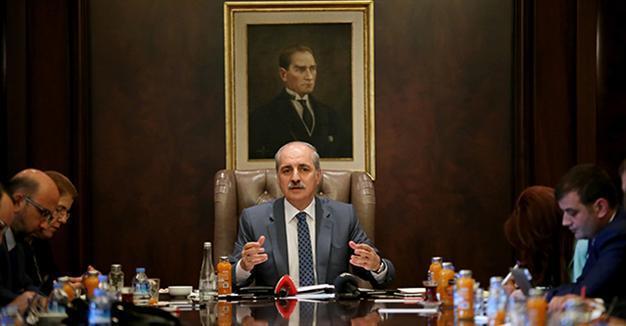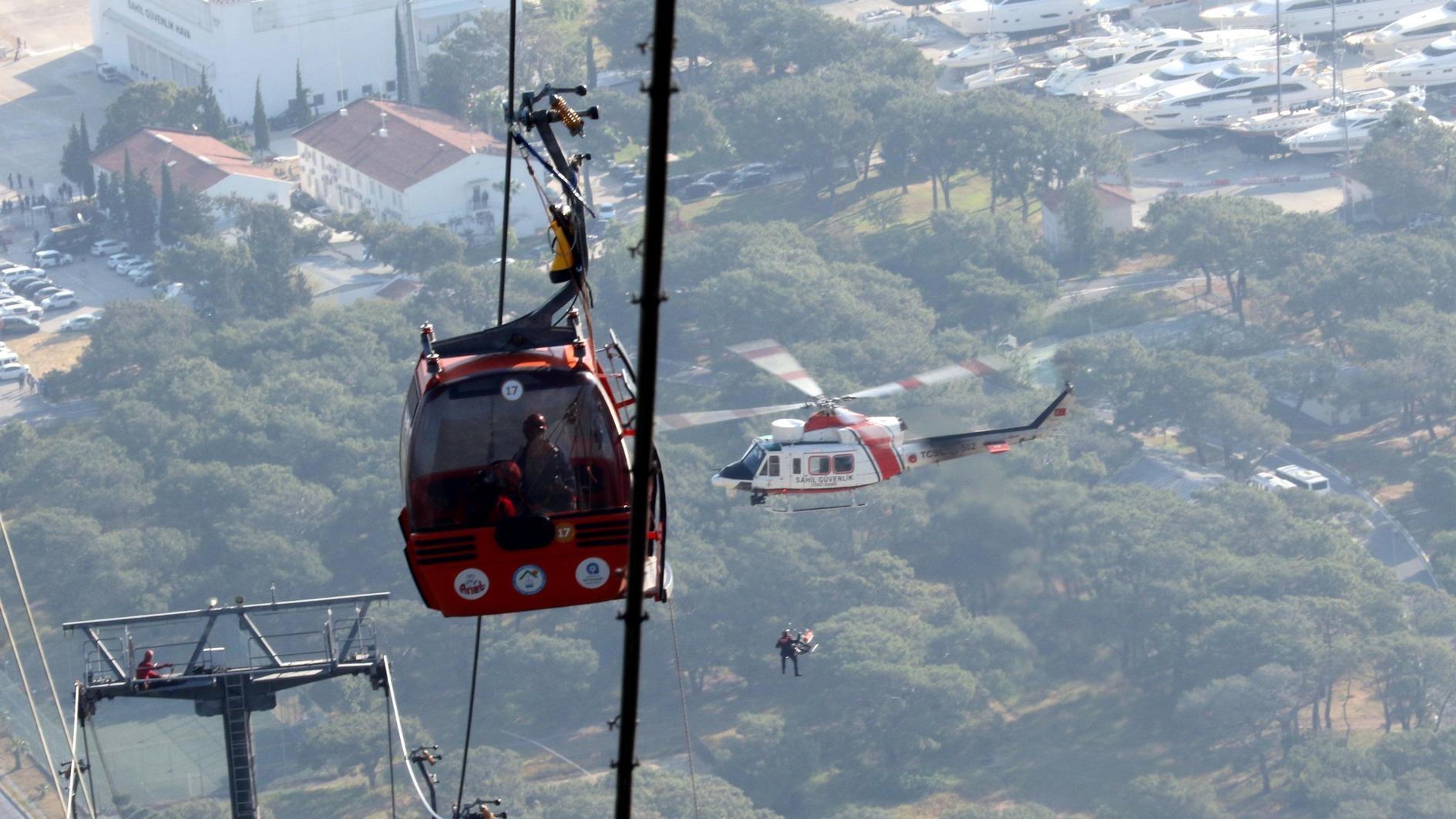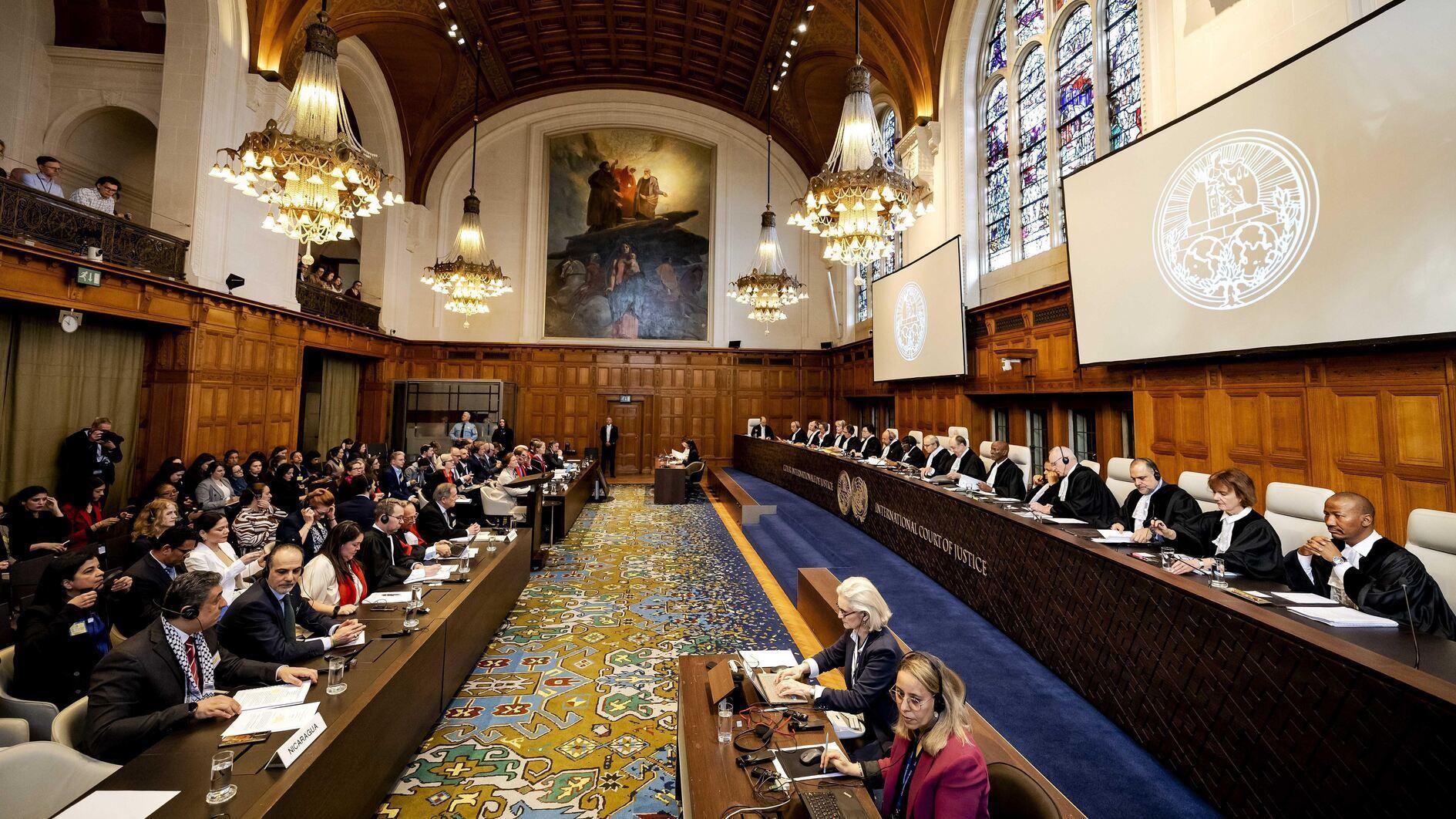Turkey to temporarily suspend European Convention on Human Rights after coup attempt
Serkan Demirtaş - ANKARA

AA photo
Turkey will temporarily suspend the implementation of its obligations emanating from the European Convention on Human Rights (ECHR), in line with the declaration of a state of emergency, Deputy Prime Minister Numan Kurtulmuş has said, while vowing that fundamental rights and freedoms will not be affected during this period.“France has also recently proclaimed a state of emergency. And they suspended the ECHR, based on Article 15 of the convention,” Kurtulmuş told a group of Ankara bureau chiefs of media outlets on July 21.
“A declaration of a state of emergency is not against the ECHR,” he said, adding that Ankara would announce its decision to suspend the ECHR through a formal statement.
Article 15 of the ECHR stipulates: “In time of war or other public emergencies threatening the life of the nation, any High Contracting Party may take measures derogating from its obligations under this Convention to the extent strictly required by the exigencies of the situation, provided that such measures are not inconsistent with its other obligations under international law.”
The state of emergency will help the government fight against coup plotters and clean the state apparatus fully of members of the Gülen movement, Kurtulmuş also said.
“I want to guarantee that fundamental rights and freedoms and normal daily life will not be affected by this. Our citizens should feel comfortable about this,” he added.
‘Normal daily life won’t be affected’
“We will not reverse fundamental rights and freedoms. We won’t retreat from our democratic gains,” Kurtulmuş vowed, adding that the government’s objective was to protect the social and political unity of the country.
“Our citizens with different political views or lifestyles should not feel uncomfortable. This is not a proclamation of martial law, there won’t be curfews. The right to assembly will continue to be exercised,” he added.
The government will be able to use the authority to issue legislative decrees but they will only related to the attempted coup-related issues, Kurtulmuş said, adding that parliament would continue to be open, working in line with its normal agenda.
“For us, the greatest power is the parliament and the people. We do not want to try to bypass it,” he added.
‘Turkey survived chaos, treason’
The objective of the coup plotters was not to take over the power to rule the country but to turn Turkey into Syria through chaos and civil war, Kurtulmuş also said, likening the Turkish people’s resistance against the junta and its tanks to Czechoslovakia’s fighting against Russian occupation in late 1960s.
He recalled that Turkey has been fighting against the Kurdistan Workers’ Party (PKK) and the Islamic State of Iraq and the Levant (ISIL) for the past year, and now it has to struggle against the Gülen movement, which used warplanes, tanks and other heavy weapons against the Turkish people.
“That’s why we have taken the decision to declare a state of emergency for three months. But we are planning to make this period as short as possible and to remove the state of emergency after one month or one-and-half months,” Kurtulmuş said, adding that the struggle should be carried out “quickly and efficiently.”
‘Dialogue among parties a must for future’
The coup plotters had two main objectives, according to Kurtulmuş. “First, they wanted to play with social and political faultlines to reduce the influence of politics, but the opposite happened. It created a common ground of dialogue for political parties. We believe this ground is very important for the future. Although all parties have different views, none of them is against democracy,” he said.
The plotters’ second objective was to restrict freedoms and isolate Turkey in the world, Kurtulmuş said, adding that “the contrary will happen. We will continue our efforts for the normalization of our ties with other countries.”
Responding to claims that the downing of a Russian warplane in 2015 was an action committed by Gülenist soldiers, Kurtulmuş said “we have just opened a very thick book. We don’t yet know what we will read in it.” However, he also recalled that the government had “some suspicions” about the downing of the Russian jet, “which we shared with the people at that time.”
Purge of Gülenists to continue
The efforts to cleanse state bodies of Gülen sympathizers will continue, and those with even the slightest link to the organization will be removed from their positions, Kurtulmuş said, while stressing that they will be very careful to not punish the innocent.
Although thousands of soldiers and high-ranking officers have been detained, the Turkish Armed Forces (TSK) will not suffer personnel shortages as the Supreme Military Council (YAŞ) will convene to decide appointments and retirements in early August as planned, the deputy prime minister also stated.
“But a very big wound has been created in the TSK. It will take years to heal this wound in the heart, mind and conscience of the people,” he added.
‘Air defense needed to protect key leaders’
Kurtulmuş also stressed that the coup attempt demonstrated that better protection must be provided to top Turkish leaders’ working offices and residences and a more effective air defense must also be considered, implying that the military unit located within the presidential palace could be dissolved.
US should ‘empathize’
On the extradition of shady Pennsylvania-based Islamic scholar Fethullah Gülen from the United States, Kurtulmuş said a new dossier on Gülen’s role in the attempted coup would be sent to the U.S. authorities within 10 or 15 days.
“Law, friendship and our strategic relationship requires immediate extradition of this person. We definitely want him from the United States,” he said, while also complaining about a “lack of empathy” on the U.S. side.
“Just think about it: A priest who wants to attack the U.S. and its people escapes to Turkey and lives in Ankara or Istanbul. What would the U.S. feel about it? We feel the very same as what they would feel about that,” Kurtulmuş added.
















